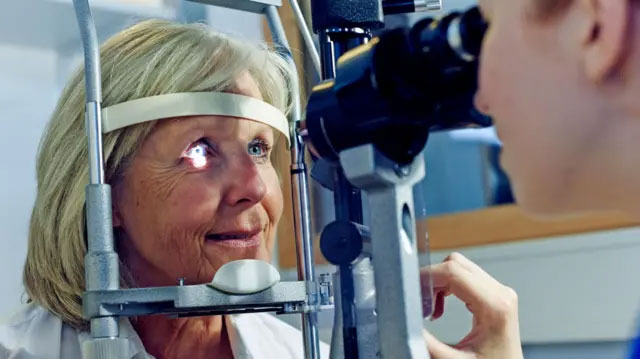Using AI to detect dementia early
Scientists at the NeurEYE research institute in Scotland are exploring a potential new way to diagnose dementia early using eye scans using artificial intelligence. According to BBC News, the team will use retinal scans to train AI software to spot signs of dementia — the eyes give clues before other symptoms appear, so this is an exciting way to act quickly to slow the disease.
The team now has access to nearly a million images from ophthalmologists across Scotland, the largest dataset of its kind in the world. The AI algorithm NeurEYE is working on will carefully examine, analyze and evaluate the structure of blood vessels in the eye to see if there are signs of dementia.
The advantage of artificial intelligence is that it can detect details or relationships between numbers or features that humans cannot easily see. For example, the images we look at may have some small changes in resolution, down to the millimeter, that we cannot see with the naked eye.

Medically, dementia is a group of symptoms that affect memory, thinking, and social abilities that are severe enough to interfere with a person's daily life. It is not a specific disease, but a number of different diseases can cause dementia. Although dementia generally involves memory loss, memory loss has different causes. Alzheimer's disease is the most common cause of progressive dementia in older adults. Depending on the cause, some symptoms of dementia may be reversible.
' Our eyes can reveal a surprising number of secrets ,' said Baljean Dhillon, professor of clinical ophthalmology at the University of Edinburgh and co-leader of the NeurEYE team. ' The retina contains a wealth of information and is a biological measure of our brain health. Something as simple as a retinal scan can now be harnessed to potentially predict future brain changes .'
There is currently no cure for dementia, but the disease can be better managed if caught early. By detecting the disease from eye scans before symptoms begin, doctors can begin treatment much earlier and more effectively.
Researchers plan to complete a prototype of the technology later this year and roll it out more widely to optometrists across the UK by 2026.